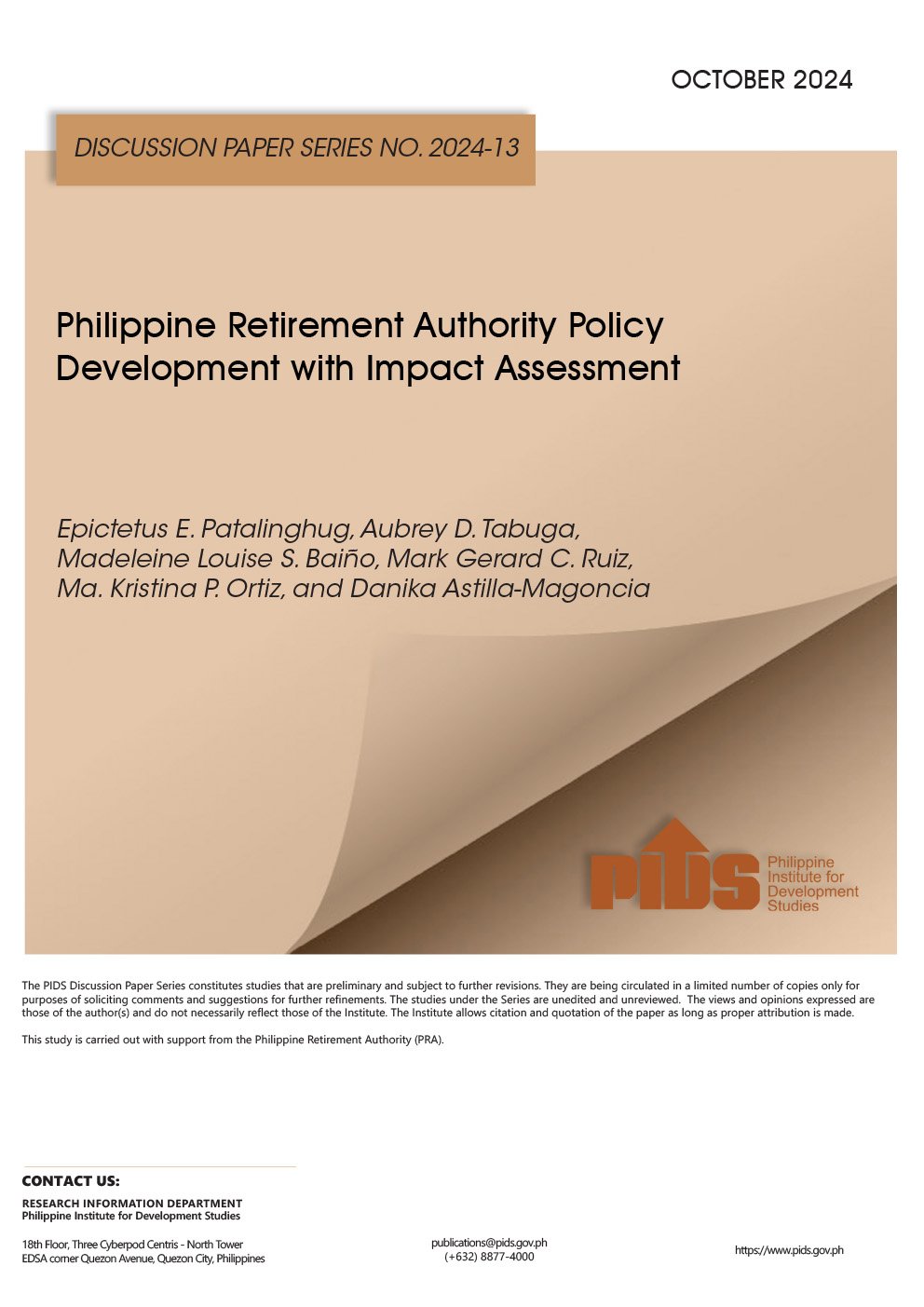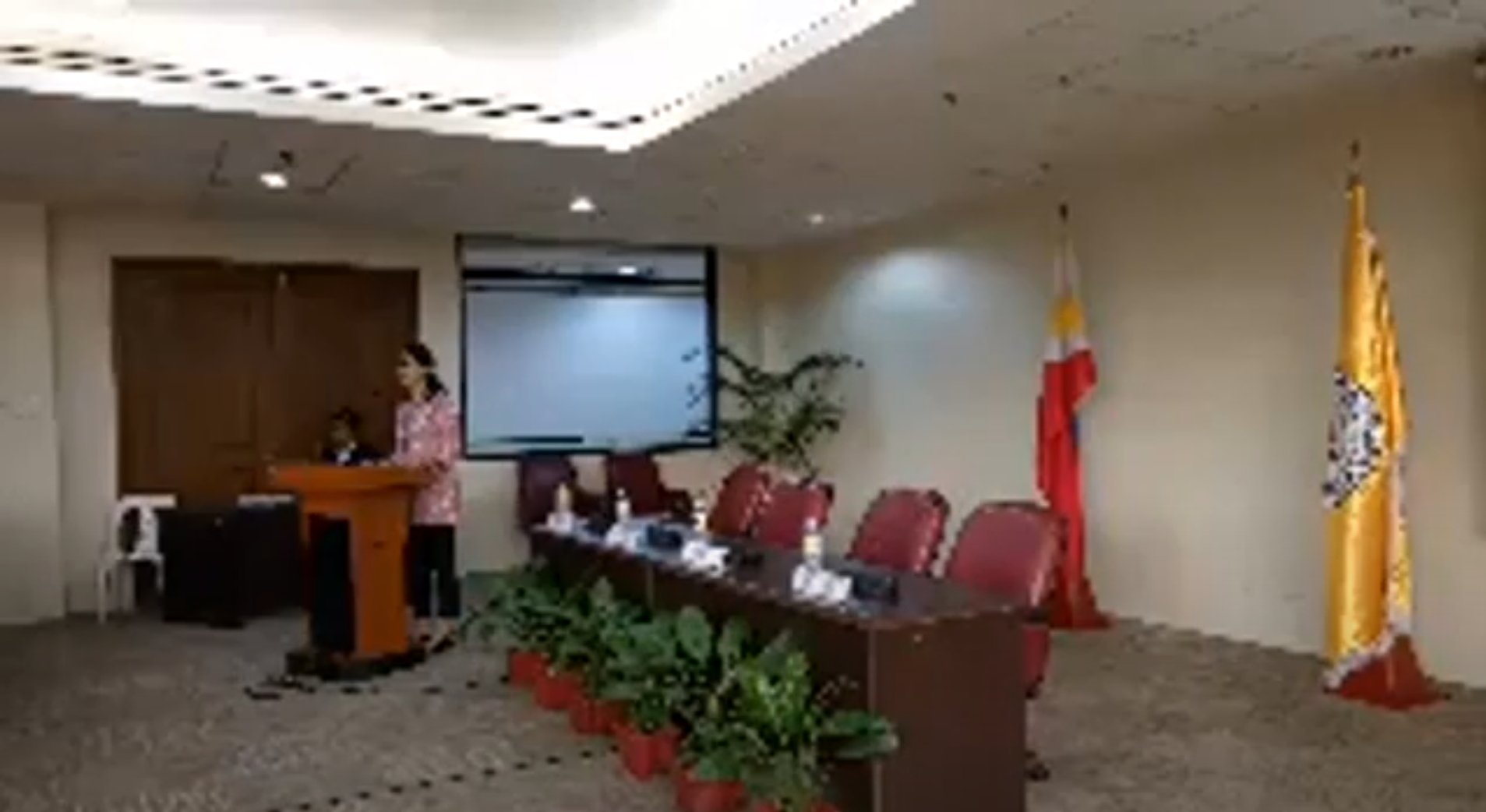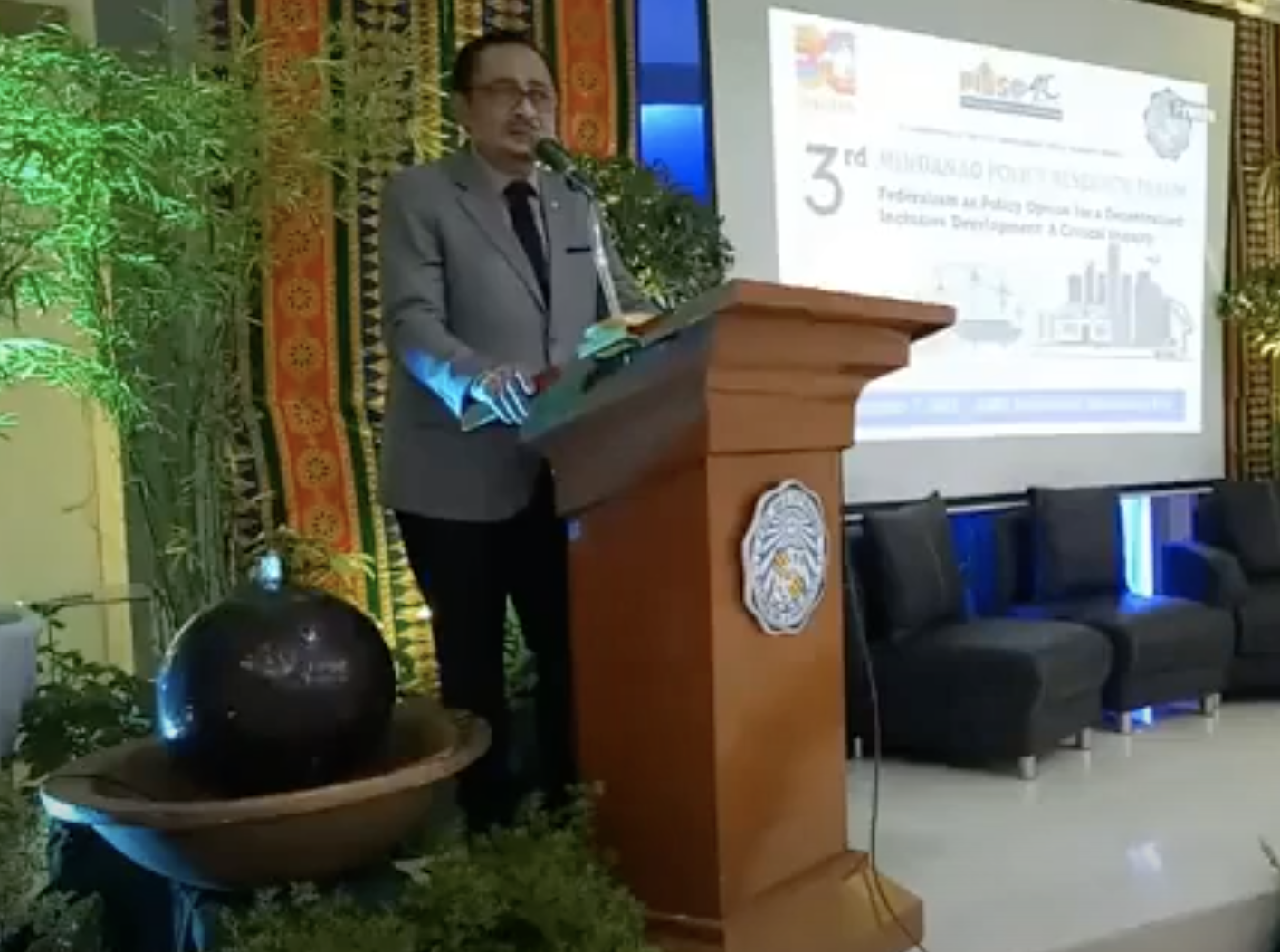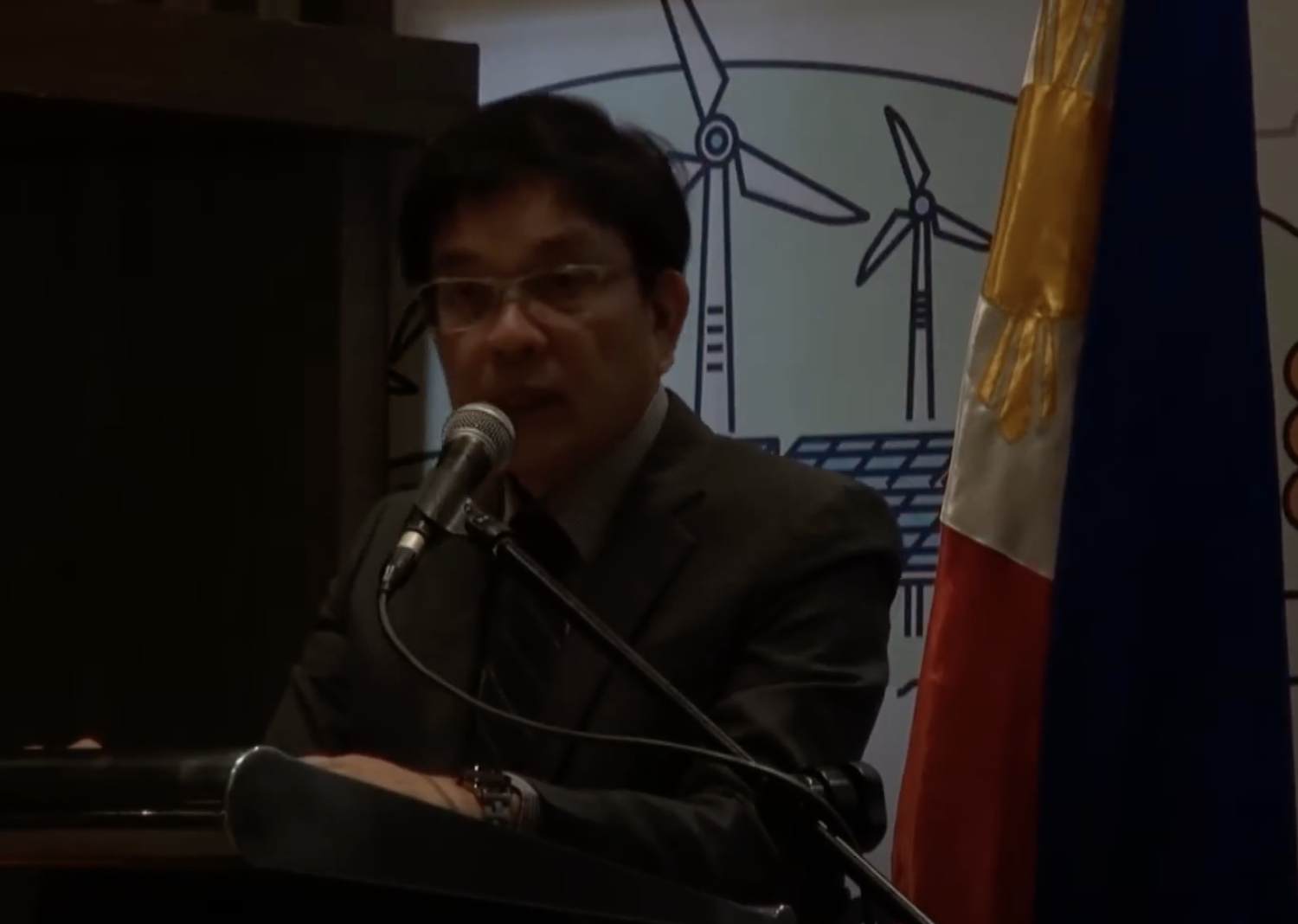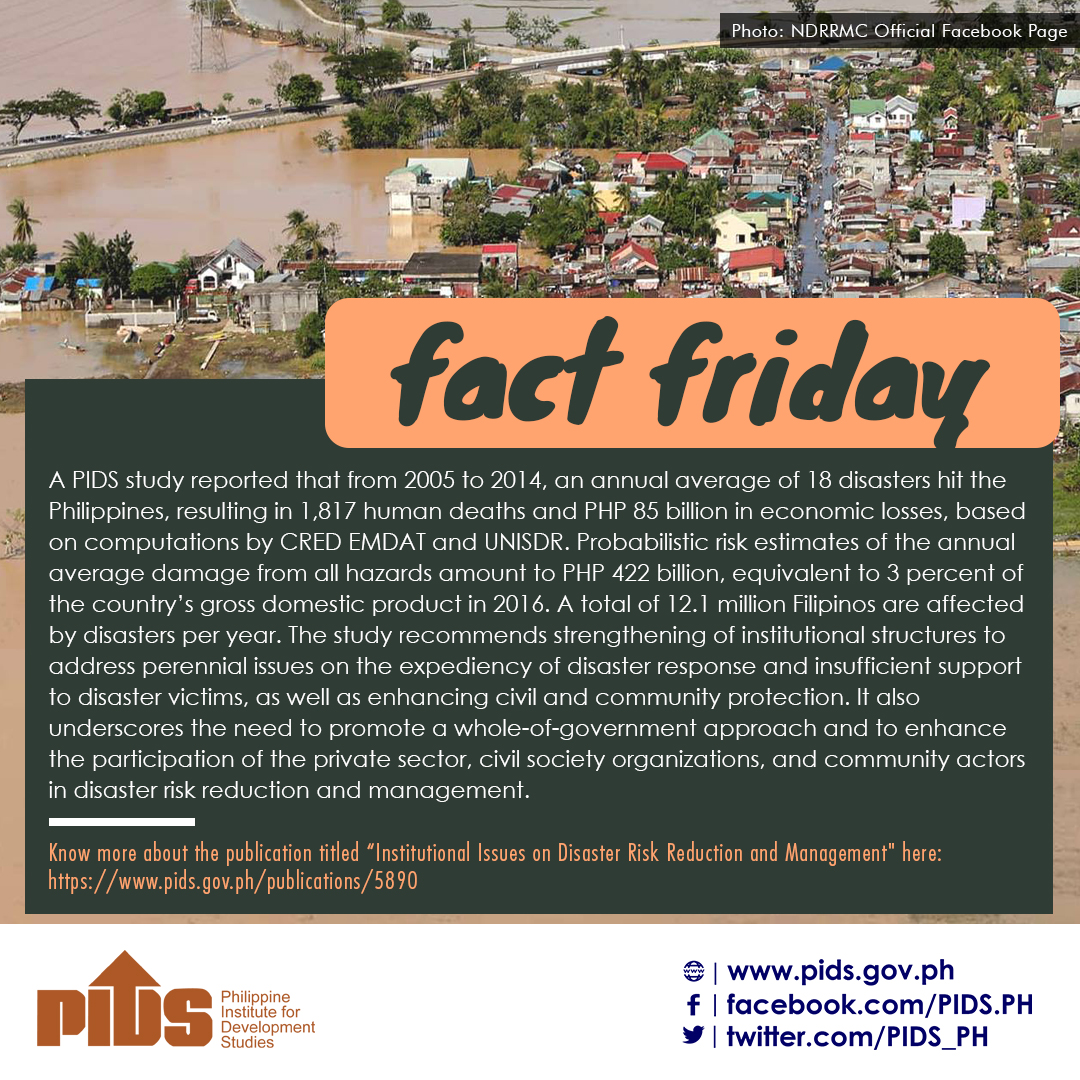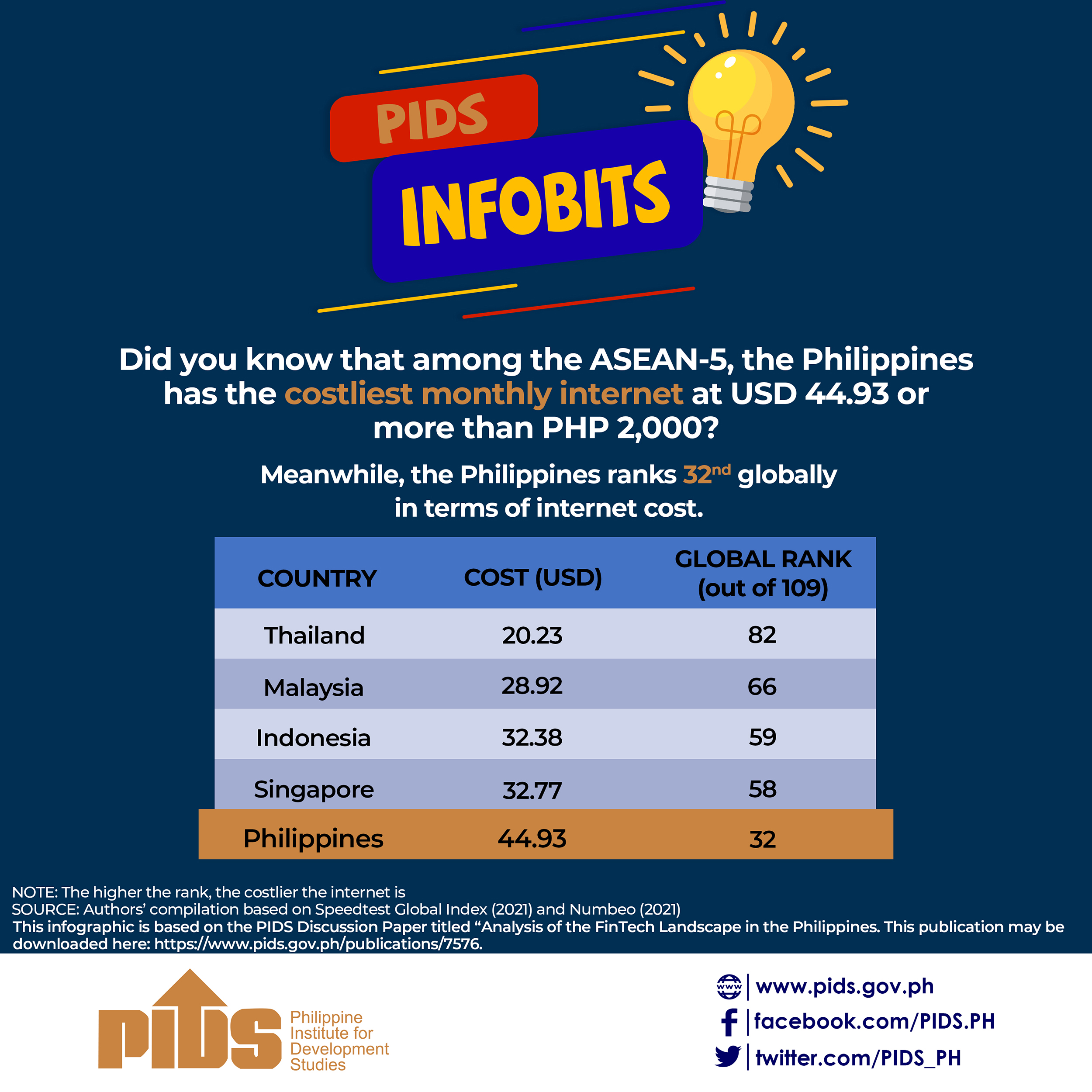MANILA - The shift to federalism from the current unitary form of government will only cost an estimated P13.29 billion, a member of the Palace-backed Consultative Committee (ConCom) said Friday.
This figure, presented by ConCom member Professor Edmund Tayao in a Palace press briefing Friday, is far lower than the P253.5-billion estimate of the National Economic Development Authority (NEDA) and the P55-billion price tag by government think tank Philippine Institute for Development Studies (PIDS).
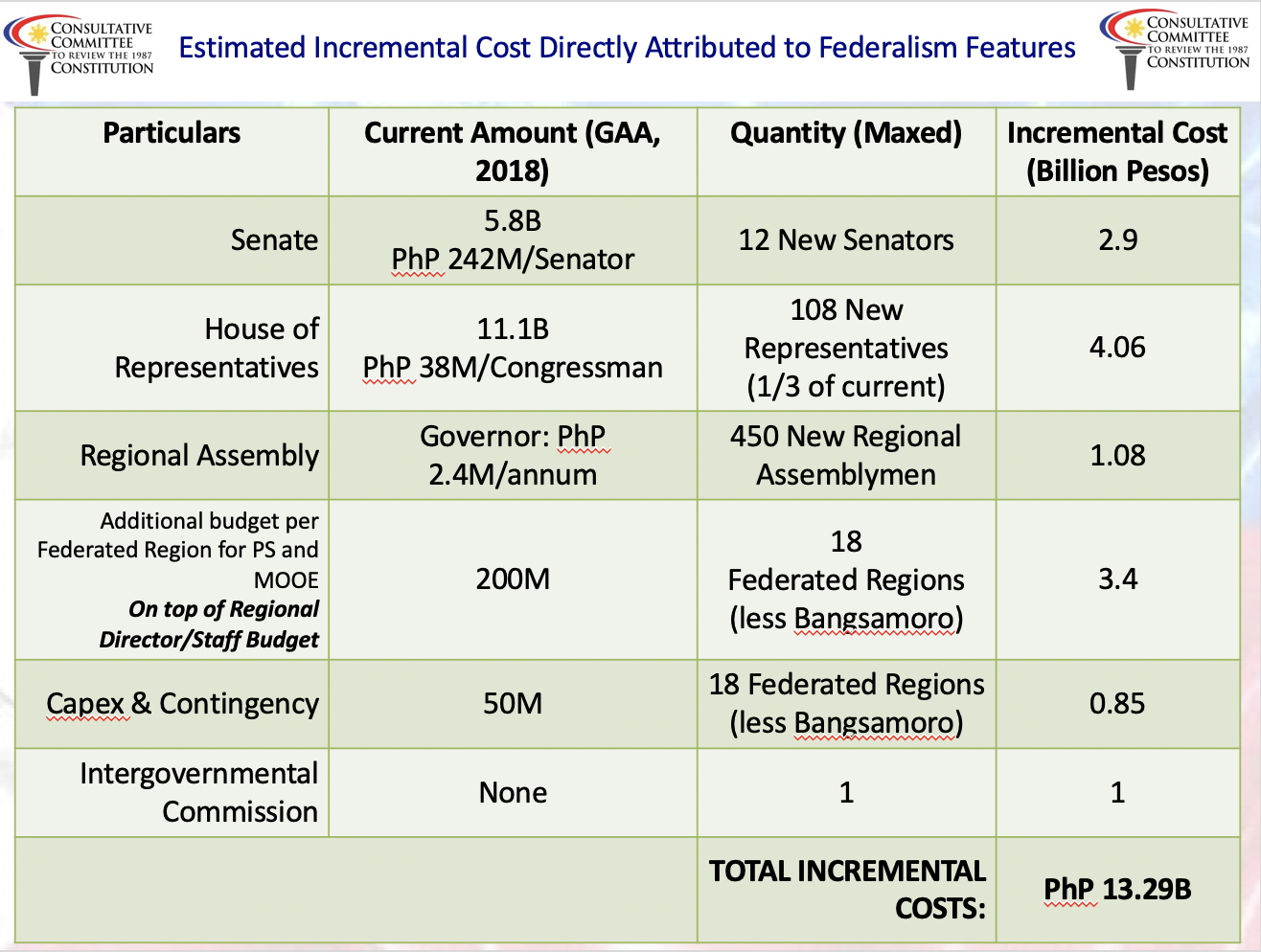
Tayao came up with the figure based on the assumption that there would be 12 new senators, 108 new representatives, and 450 new regional assemblymen under the new federal government.
Also factored into the cost are the additional budget for personnel services, maintenance and other operating expenses, capital expenditure and contingency for the 18 federated regions.
Interior department spokesperson and assistant secretary Jonathan Malaya said the large discrepancies in the figures presented by the consultative committee, NEDA, and PIDS should prompt more discussions between the ConCom and President Rodrigo Duterte’s economic managers in order to identify how much the federalism shift would truly cost.
“The assumptions the economic managers made were assumptions they made themselves… not in consultation with the ConCom,” Malaya said.
Tayao surmised that the large figures were arrived at because some items computed were doubled or unnecessarily included, such as government infrastructure or buildings that are already in existence.
Malaya said whether the incremental cost for the shift to federalism might reach as much as P253.5 billion per NEDA's estimate, the government could still afford this.
“I’ve been in government for so long. In the last budget hearing I attended, the entire returned unutilized money was at P600 billion,” he said. “We have the money for federalism.”
Malaya added that funding the shift to federalism will not be done “in one fell swoop.”
“There’s going to be a transition plan, and we can spread out the cost in those years. That will negate whatever fiscal deficit we may have,” he said.
Tayao also defended the cost of shifting to federalism, noting that the government’s budget since 2014 has increased by about P350 billion to P500 billion yearly.
“A government is there to serve the interests of the people. In any kind of shift, there will be costs, but the shift will always be in conjunction with reforms and benefits that cannot be costed in cents,” said another ConCom member, lawyer Susan Ubalde-Ordinario.
Duterte’s economic managers have expressed apprehensions over the possible impact of a federal shift to the economy.
Finance Secretary Carlos Dominguez, for instance, said the shift could lead to massive job cuts in government.
Malaya debunked this, saying “employees, if needed, will just shift from one boss to the other.”
“If, for example, a certain sector of society or government is devolved to the regional government, they will simply shift from the national government to the regional government,” he explained.
As to Dominguez’s question on who will shoulder payments for the national debt and other government expenses under a federal government, Tayao explained that the “division of powers is essentially [one’s] expenditure assignment.”
“The federal government’s power and funds are intact. So I have no idea why it has to be asked, ‘Saan manggagaling ang perang pambayad ng utang, saan manggagaling ang perang pambayad ng defense (where will funds for debt payments come from or where will funds for defense expenses come from)?’ because essentially these are not touched,” he said.
The Palace has already transmitted the draft of the federal constitution to Congress. This version, however, is subject to scrutiny and revisions from lawmakers.


